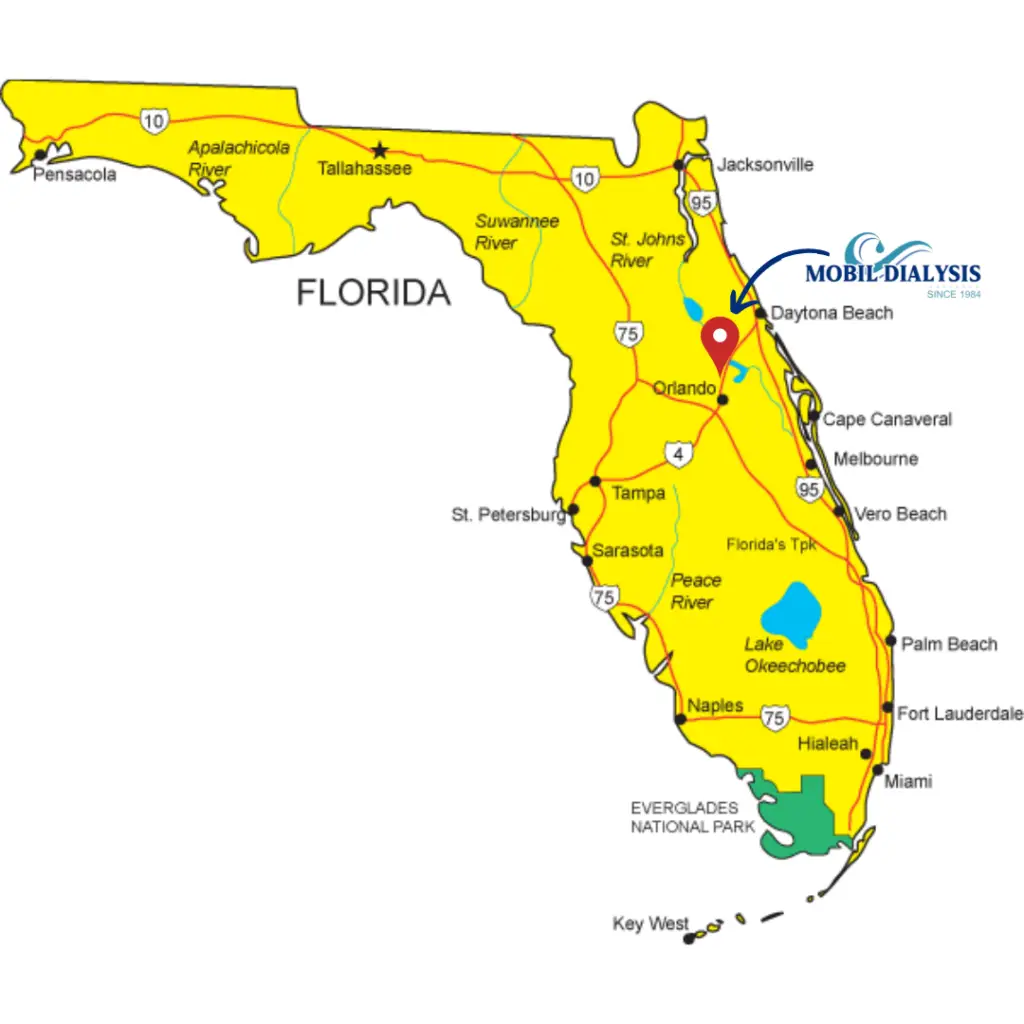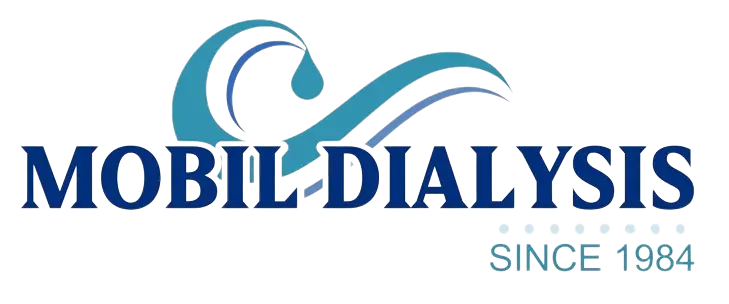MARS Liver Dialysis: Innovations in Liver Support Therapy
In the realm of medical advancements, innovations like the Molecular Adsorbent Recirculating System (MARS) Liver Dialysis stand as testament to humanity’s relentless pursuit of improving healthcare outcomes. This sophisticated technology represents a pivotal breakthrough in liver support therapy, offering a lifeline to patients battling acute liver failure and other complex hepatological conditions
Liver dialysis, similar to its better-known counterpart for kidneys, serves a critical function in removing toxins from the bloodstream when the liver fails. This essential organ plays a pivotal role in metabolism, detoxification, and protein synthesis, making its proper function vital for human health.
Conventional dialysis techniques focus primarily on kidney functions, underscoring the need for specialized treatments tailored to the liver’s unique requirements. The emergence of MARS Liver Dialysis represents a significant leap forward in addressing this gap. Mobil Dialysis aims to bring quality liver dialysis treatment to the underserviced state of Florida. Utilizing a mobile approach, Mobil Dialysis can provide this life saving treatment to all of it’s partnered facilities.
What is MARS Liver Dialysis?
MARS Liver Dialysis is an advanced therapeutic technique designed to support patients suffering from acute liver failure and hepatic encephalopathy. Unlike traditional methods that primarily focus on mechanical filtration or dialysis, MARS operates through a comprehensive process of blood purification and metabolic stabilization. The core components of MARS include specialized adsorption cartridges and a sophisticated dialysis circuit that collectively mimic the detoxifying functions of a healthy liver.
At the heart of MARS is its ability to remove toxins and metabolic byproducts from the bloodstream, effectively cleansing the patient’s blood while restoring crucial metabolic balance. The process begins with the patient’s blood passing through adsorption cartridges containing highly selective absorbent materials. These materials attract and bind harmful substances, including bilirubin and ammonia, which are then removed from the blood during recirculation through the MARS system.

Who needs MARS Liver Dialysis?
MARS is primarily indicated for patients experiencing severe liver dysfunction due to various causes such as acute liver failure from viral hepatitis, drug-induced liver injury, or complications from advanced liver cirrhosis. Its therapeutic benefits extend to managing hepatic encephalopathy, a condition marked by cognitive impairment due to liver-related toxins in the bloodstream.
Compared to conventional treatments, MARS offers distinct advantages by directly targeting toxins that contribute to systemic complications, thereby improving patient outcomes and potentially reducing the need for liver transplantation in some cases.
Applications Beyond Liver Failure
Beyond its primary application in acute liver failure, ongoing research explores expanded uses of MARS in managing other liver-related complications such as cholestasis and non-alcoholic fatty liver disease (NAFLD). The versatility of MARS technology holds promise for addressing a spectrum of hepatological conditions, thereby broadening its impact on patient care and clinical outcomes.

Mobil Dialysis brings MARS Liver Dialysis to Florida
In the landscape of healthcare delivery, disparities in access to advanced therapies like MARS are evident, particularly in regions underserved by specialized medical technologies. Florida, despite its prominence in biomedical research and innovation, faces challenges in ensuring equitable access to MARS Liver Dialysis across its diverse healthcare landscape. There are less than 20 hospitals in the United States that offer MARS treatments. That’s why our team at Mobil Dialysis pride ourselves for being one of the few treatment providers of this potentially life saving treatment, and the ability to bring it to all of our partner facilities.
Looking ahead, ongoing innovations in MARS technology hold promise for further enhancing therapeutic outcomes and expanding its applications in both clinical and research settings. Collaborative research initiatives aim to refine MARS systems, optimize adsorbent materials, and explore integrated approaches with emerging biotechnologies to address evolving healthcare needs.
MARS Liver Dialysis stands at the forefront of liver support therapy, offering a multifaceted approach to managing acute liver failure and related complications. Its integration into healthcare settings signifies a paradigm shift towards personalized medicine and advanced therapeutic interventions that transcend traditional treatment modalities. As we navigate the complexities of liver disease management, MARS exemplifies the synergy between medical innovation, patient-centered care, and the relentless pursuit of improving health outcomes for all.
